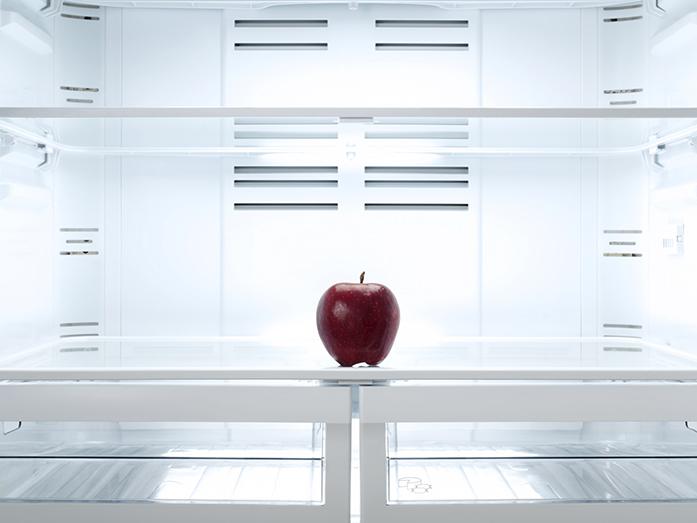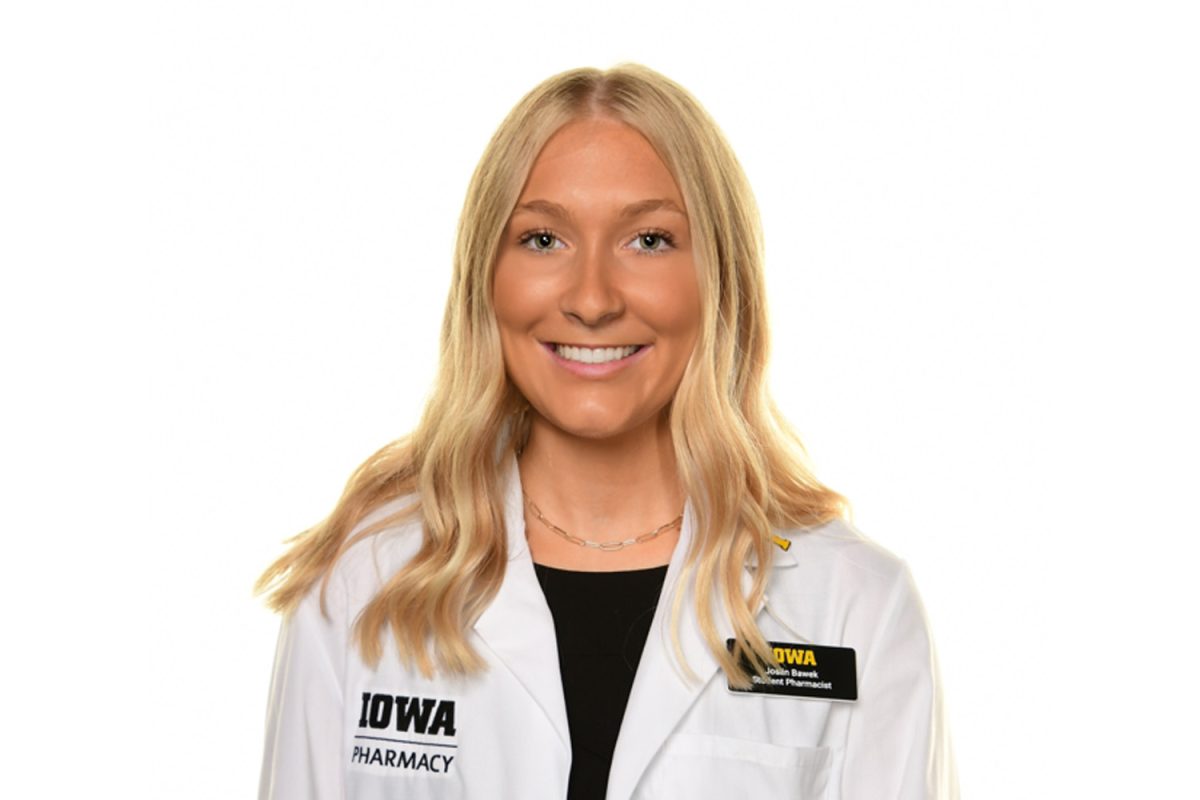By Benjamin Marks
Food Pantry at Iowa Co-director
In 2009, Ken Ilgunas, a then graduate student at Duke University, published an essay on Salon.com about his struggle to graduate from college debt-free. His solution? Living in a Ford Ecoline van he purchased on Craigslist for $1,500.
When Ilgunas’ article hit the digital newsstands, it went viral. The story of a successful student attending a prestigious university yet sleeping in minus-10 degree weather and showering in the campus rec center shocked the nation.
Unfortunately, in the intervening years, the situation has only grown worse.
According to Bloomberg, the cost of a college education in the U.S. has risen by 1,120 percent over the past three decades — four times faster than the increase in the consumer price index and much faster than the almost stagnant median income.
Stories such as Ilgunas’ allowed millions of people — some for the first time ever — to peer into the lives of an entire generation of desperate young students willing to go to extreme lengths to obtain an education without facing a lifetime of debt and poverty.
While not every financially struggling student’s situation is as extreme as these, food insecurity and homelessness among college populations is a rampant and ever-growing issue.
Food insecurity, a term that means more than simply being hungry, refers to a systemic issue where people are unable to afford food on a regular basis or get proper nutrition. A college student who has eaten ramen noodles for the past month may be full but is experiencing food insecurity.
Overall, it’s difficult to pin down exactly how many students nationwide struggle with food insecurity, but the numbers are high. Studies have yielded a range of figures, from 14 percent at the University of Alabama to 59 percent at Western Oregon University. To place these numbers in perspective, the poverty rate in the U.S is 14.5 percent.
At the University of Iowa, the numbers are equally grim. A survey conducted last spring found that 24 percent of the university students said they didn’t eat sometimes to very frequently in the past year because they were unable to afford food, and 27 percent said their classwork had suffered because of it.
In order to combat this problem, I, along with a group of other students, helped to open the Food Pantry at Iowa, the very first food pantry on the UI campus, which opened less than a month ago.
Located in the 209 IMU, we are open to all UI students, staff, and faculty, regardless of level of need.
Our goal is to reduce local food insecurity — not just hunger, so we’re stocked with healthy staple foods and plenty of fresh produce. We also have allergen free foods, which can tend to be unaffordable for even well-off students, such as gluten free pasta or lactose-free milk and butter, as well as toiletries.
One of the biggest barriers organizations like us face is raising awareness that food insecurity in college even exists. Despite the prevalent data showing this to be an enormous issue, for the most part, people remain unaware of it even as it affects their own lives and the lives of their friends and classmates.
To combat this, we will hold our inaugural Hunger Awareness Week from today through Friday as part of Hunger Action Month. This week will be filled with everything from documentary screenings to informational lectures to cooking demos. To find out more, check us out on Facebook, Food Pantry at Iowa, and Twitter, @iowafoodpantry.
Hunger is not an inevitable part of college life, and with your help, we can work toward raising awareness of it and erasing the stigma surrounding it for good.
(Editor’s Note: Ben Marks is a former metro editor at the DI.)









